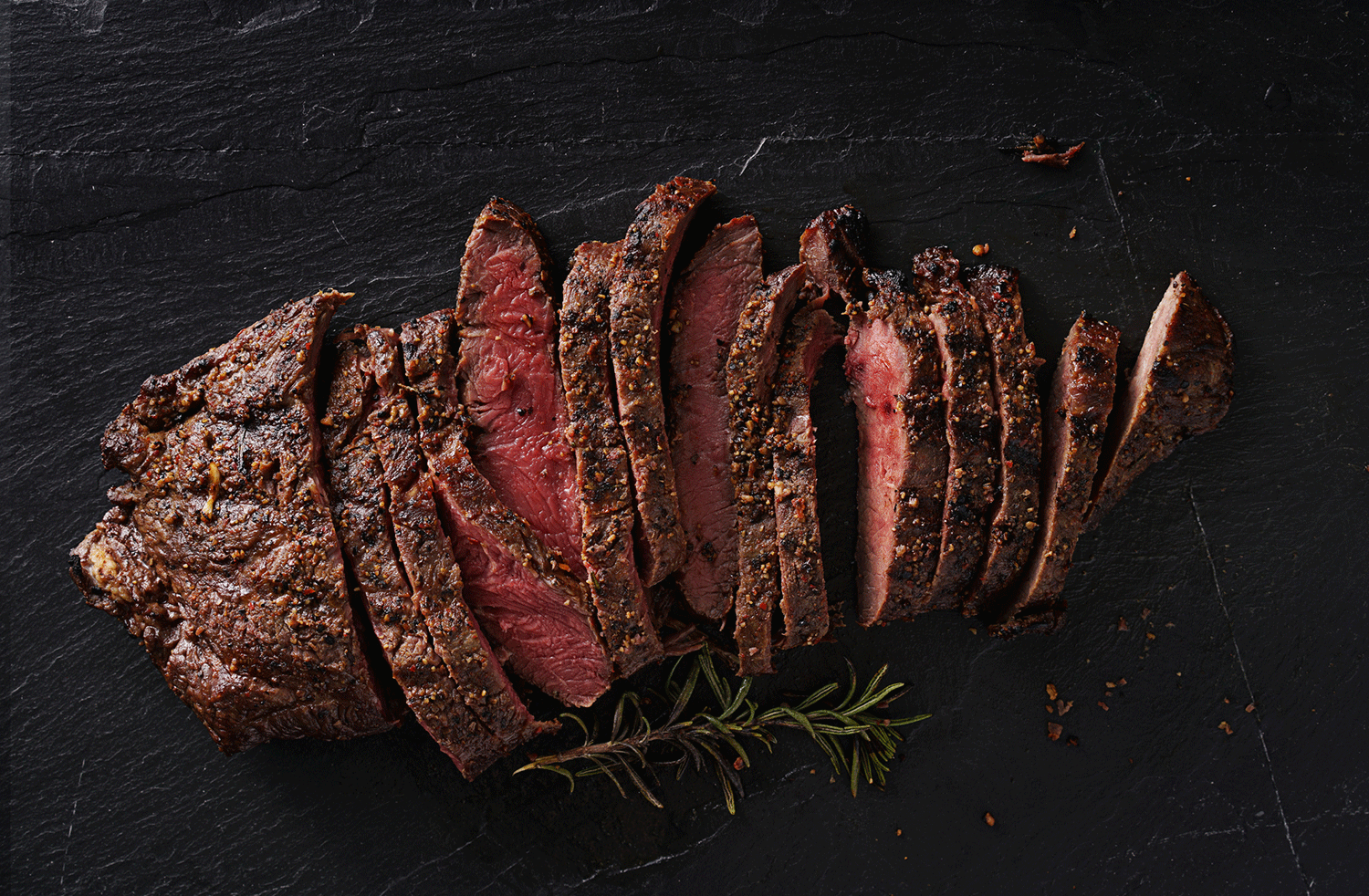A recent study suggests that middle-aged people who eat more protein may be at greater risk of dying from all causes, including cancer. But in people older than 65, a higher-protein diet might lessen this risk.
The study, published March 4 in Cell Metabolism, used data from 6,381 adults 50 and older who took part in the National Health and Nutrition Examination Survey. In adults 50 to 65, those who reported that protein made up 20 percent or more of their daily caloric intake had four times the risk of dying from cancer over the following 18 years than those who got 10 percent or less of their calories from protein. Higher levels of animal protein appeared to contribute to this risk in this age group, according to the study.
However, people 66 and older who reported eating more protein, whether from meat or other sources, saw a 60 percent reduction in cancer mortality risk compared with those in the low-protein group. Researchers speculate that protein sources, which help to build muscle and fuel cellular processes, may be especially beneficial for older people, who may be more frail and susceptible to malnourishment, says Valter Longo, an author of the study and the director of the University of Southern California Longevity Institute at the USC Davis School of Gerontology in Los Angeles. “This doesn’t necessarily mean that older people always need more protein—especially if they are in relatively good health and haven’t lost weight [as they age],” says Longo, who is a biochemist and gerontologist.
Longo suggests that people of all ages get the majority of their protein from plant-based sources. The recipe at right is loaded with veggies and includes chickpeas, an excellent meat-free protein source.
Cancer Today magazine is free to cancer patients, survivors and caregivers who live in the U.S. Subscribe here to receive four issues per year.





